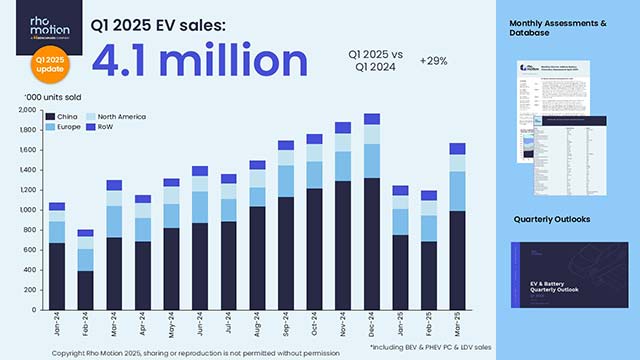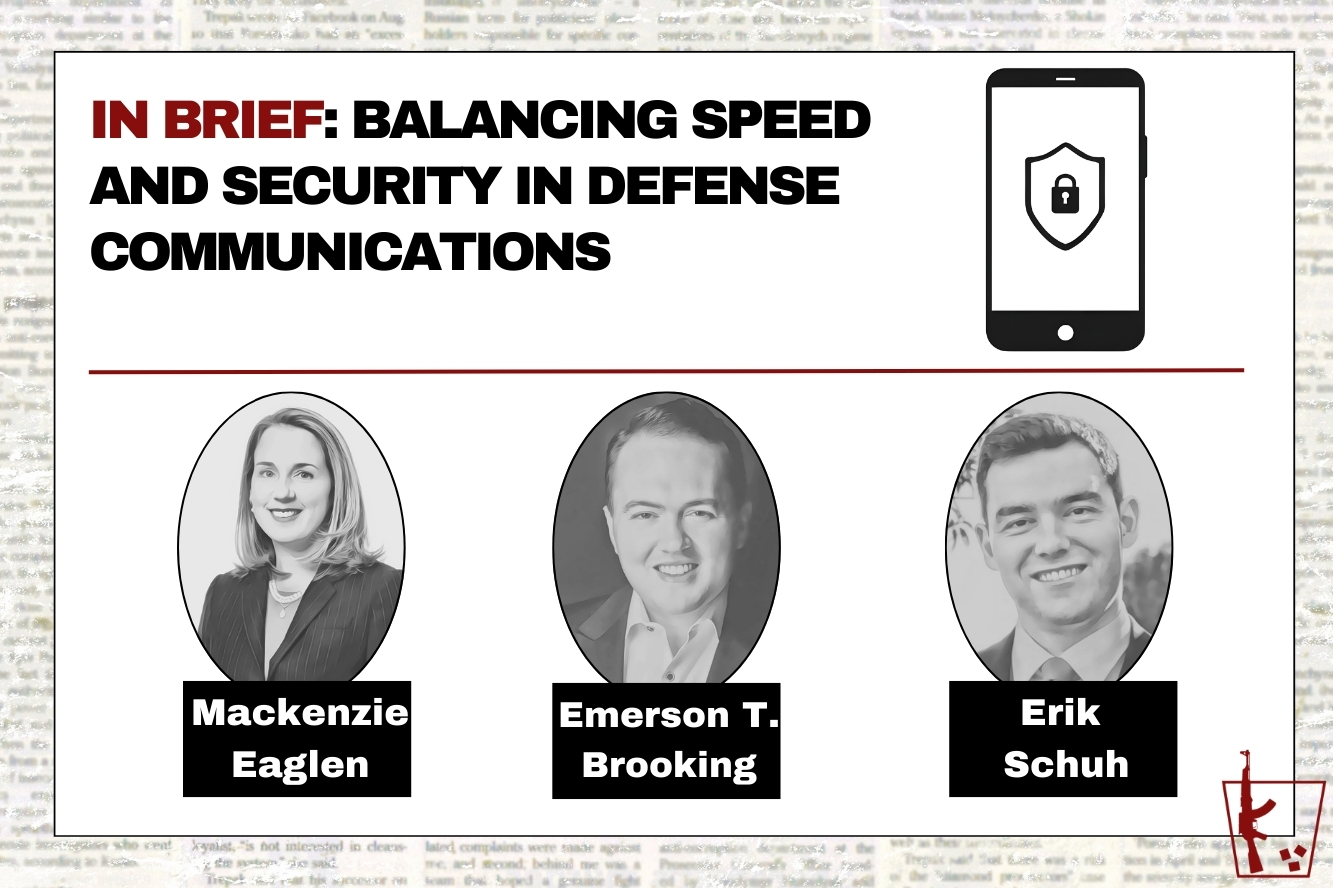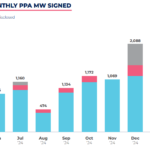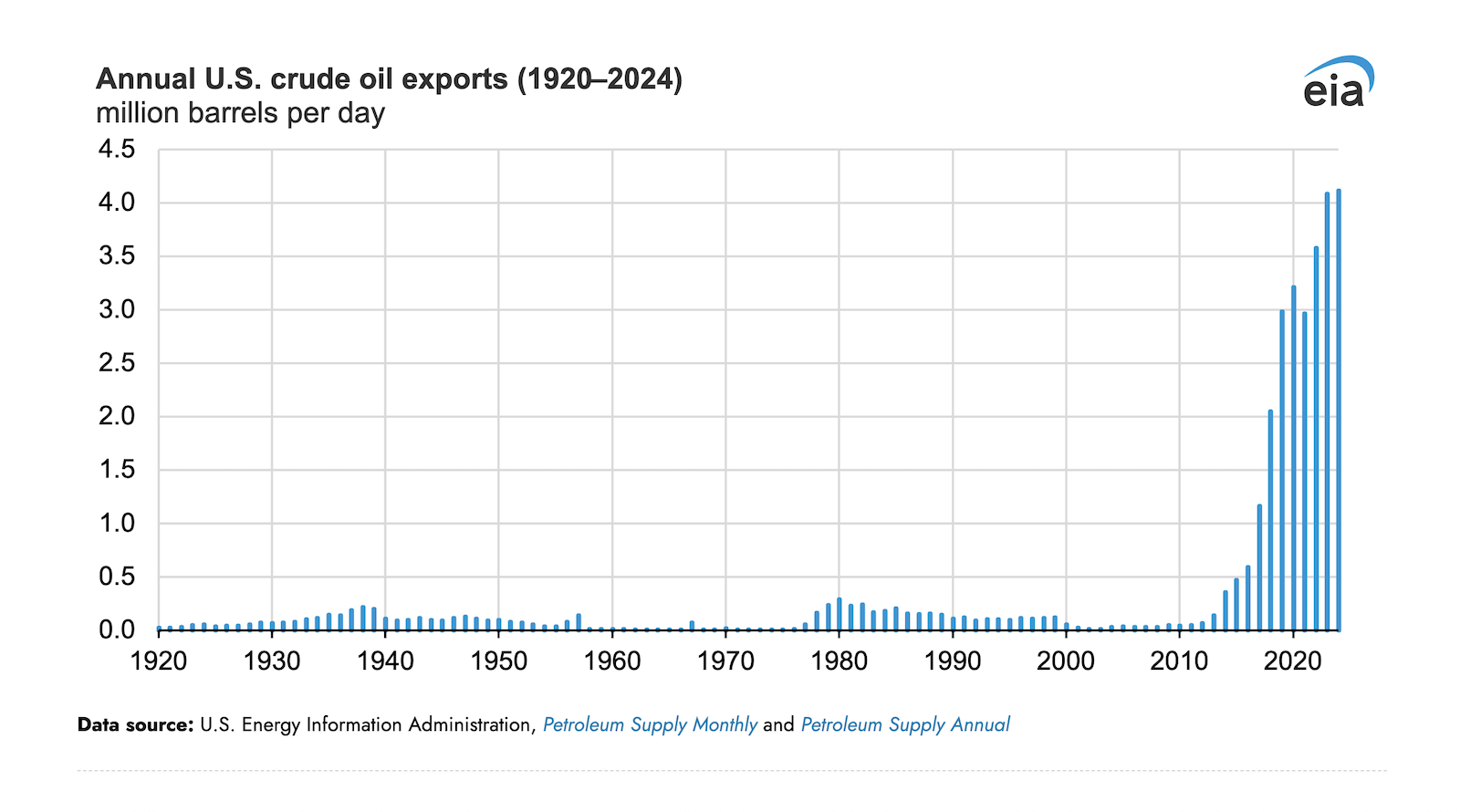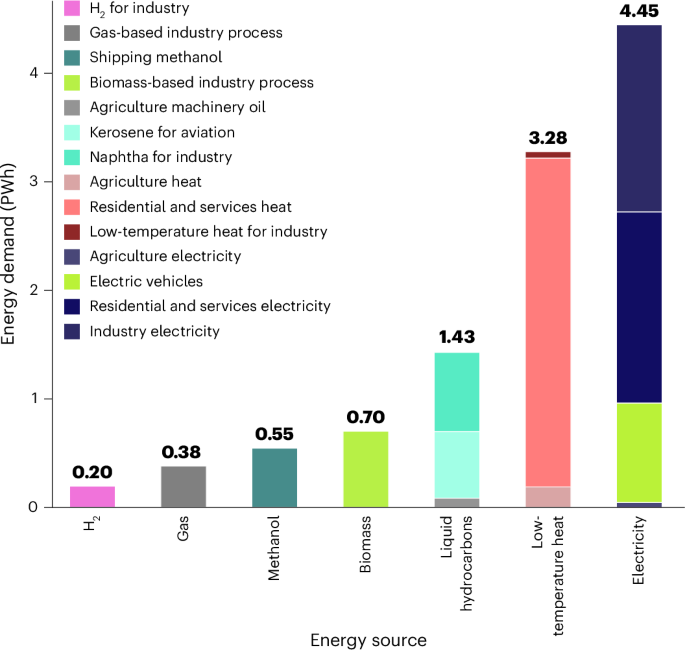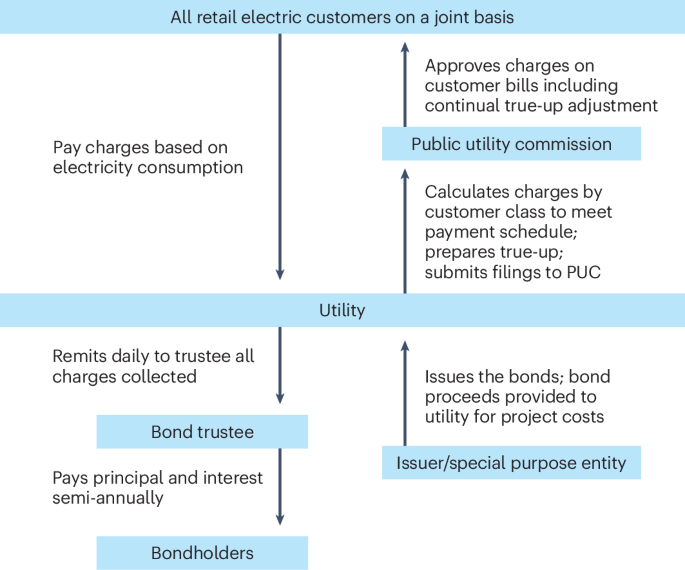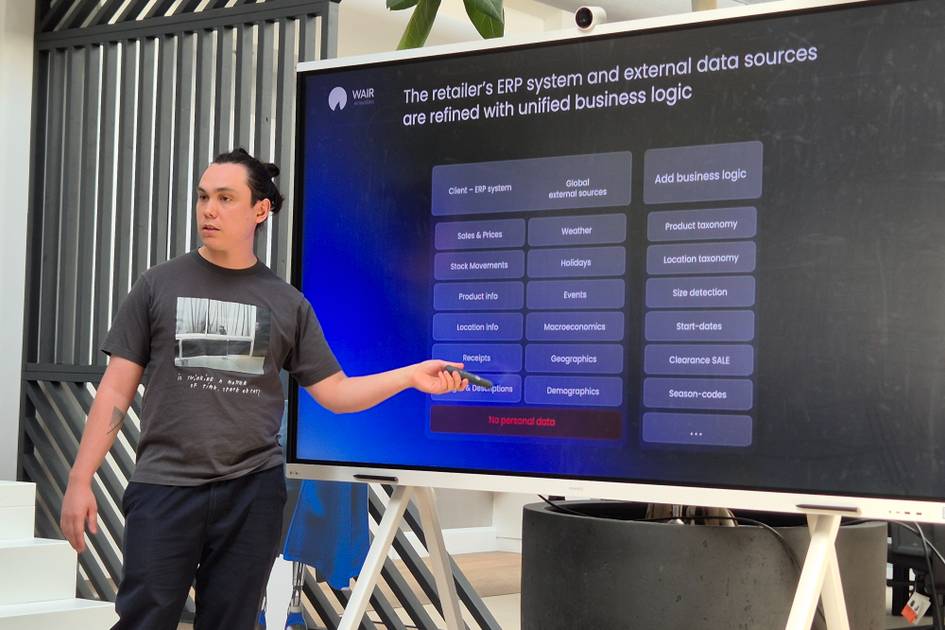Chancery Finds Two 2-Year Non-Competes Unenforceable in Business Sale and Investment
In Cleveland Integrity Services v. Byers (Feb. 28, 2025), the Court of Chancery held that a non-compete provision entered into in connection with the sale of an oil and gas pipeline inspection company was unenforceable as it was overbroad. The non-compete restricted the executive from competing with the company, anywhere in North America, for two years following […]

Gail Weinstein is a Senior Counsel, Philip Richter is a Partner, and Steven Epstein is the Managing Partner, at Fried, Frank, Harris, Shriver & Jacobson LLP. This post is based on a Fried Frank memorandum by Ms. Weinstein, Mr. Richter, Mr. Epstein, Steven J. Steinman, Randi Lally, and Adam B. Cohen, and is part of the Delaware law series; links to other posts in the series are available here.
In Cleveland Integrity Services v. Byers (Feb. 28, 2025), the Court of Chancery held that a non-compete provision entered into in connection with the sale of an oil and gas pipeline inspection company was unenforceable as it was overbroad. The non-compete restricted the executive from competing with the company, anywhere in North America, for two years following termination of his employment with the company. The non-compete’s duration combined with its geographic scope was unreasonable, the court found, as it was “facially broader than necessary to protect [the company]’s U.S. business interests.” The court emphasized that, although the company may have had customers with operations or assets in Canada or Mexico, it “only service[d] such customers within the U.S.” The court stressed that: (i) the company’s business was “geographically rooted: its employees must physically see a pipeline to inspect it…” ; and (ii) while at the time of the sale of the company in 2013, the non-compete “may have been reasonable as a means to protect [the company’s] interest in expanding its services beyond the U.S. free from Defendants’ interference,” the company had not in fact expanded beyond the U.S. and had offered no evidence that it now planned to do so (thus, in 2025, at the time of enforcement of the provision, there was no evidence that the company had “a legitimate economic interest that was advanced by the geographic scope of the covenant”).






























